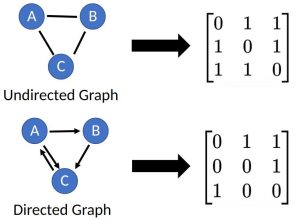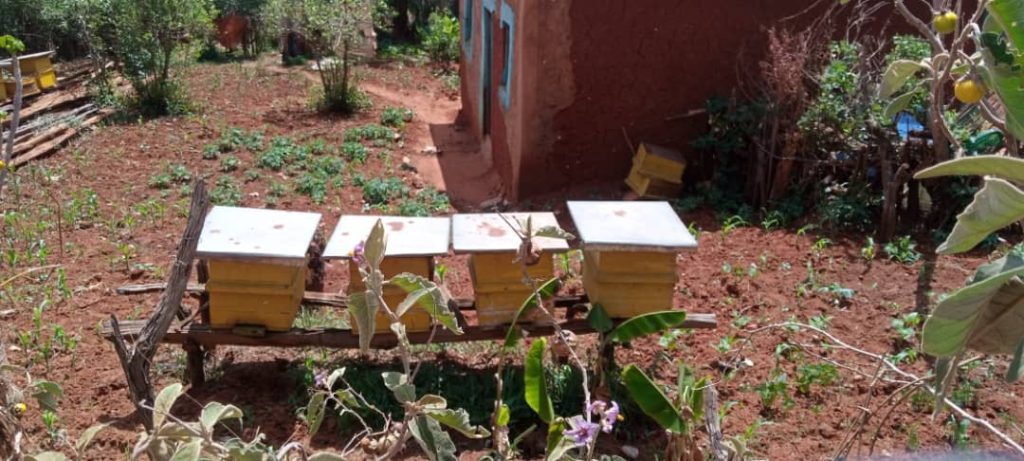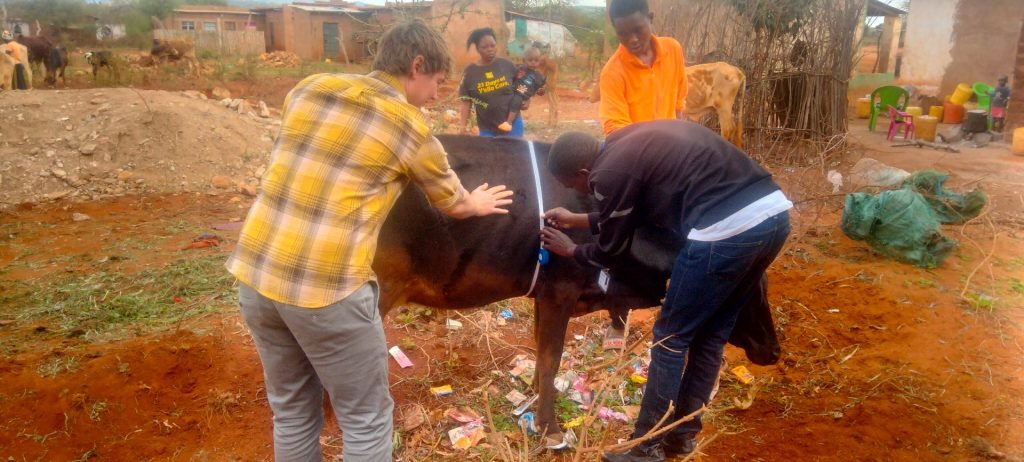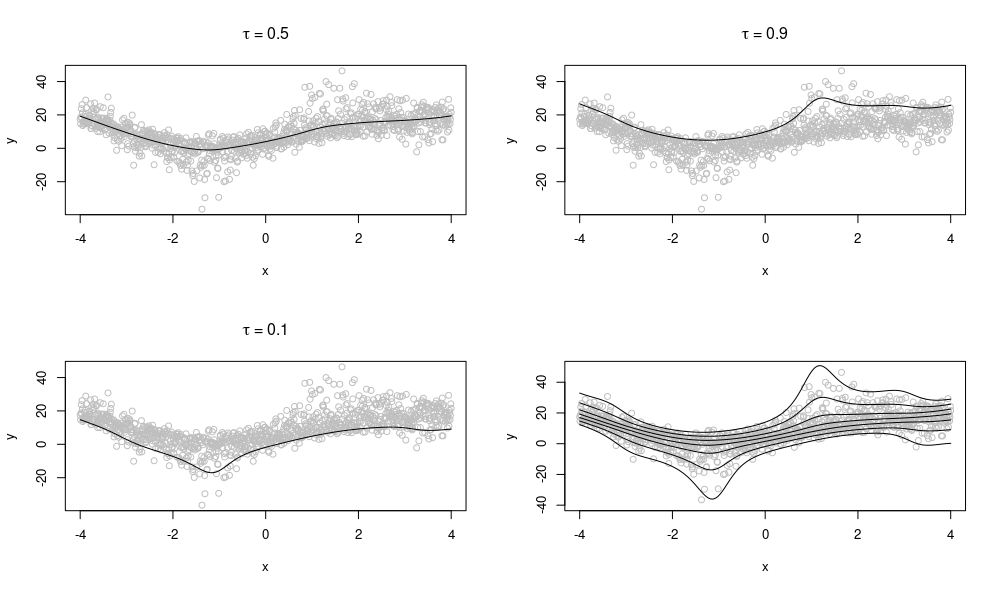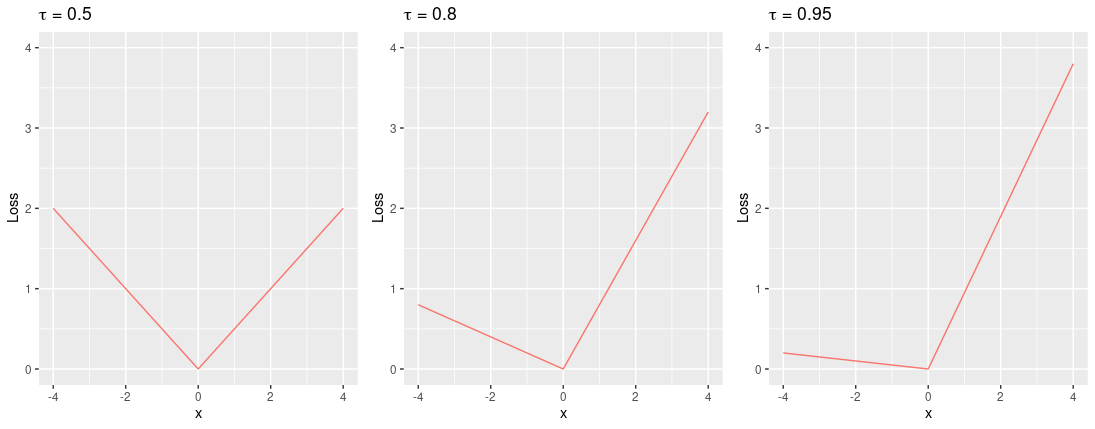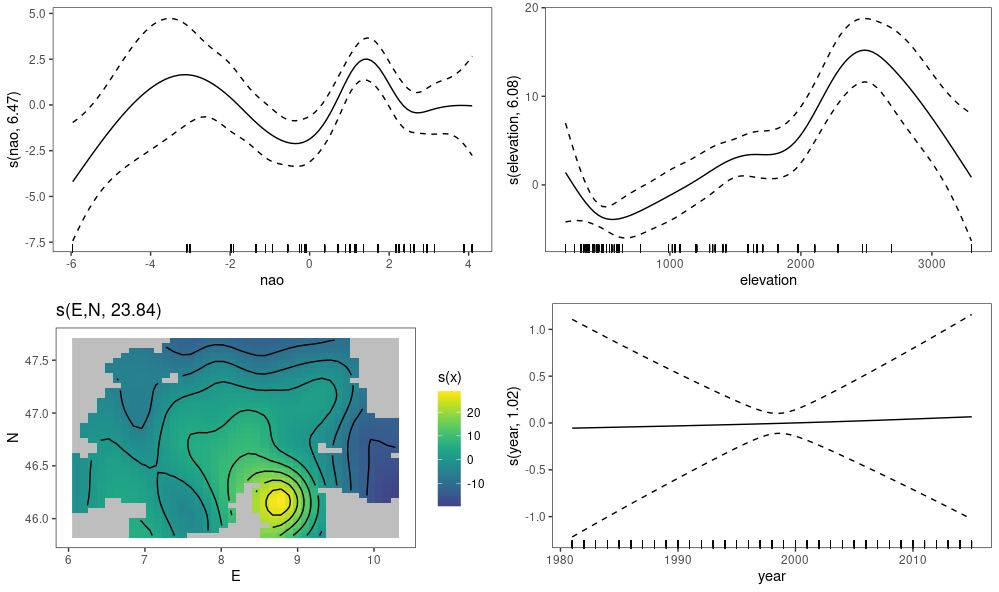We are happy to announce our upcoming applications deadline of 16 March 2023 for Compass CDT programme. For international applications there are limited scholarship funded places available for this final recruitment round. Early applications advised.
Compass is offering specific projects for PhD students to study from Sept 2023. The projects are listed in the research section of our website. All the supervisors listed are open to discussion on the projects provided and can also talk to applicants about other project ideas. Please provide a ranked list of 3 projects of interest: 1 = project of highest interest. Project supervisors will be happy to respond to specific questions you have after reading the proposals. Applicants should contact them by email if they wish beforehand.
Also, we are pleased to announce a new project Genetic Similarity Based Cohort Building that has been added to the list for September 2023 start funded by Roche, one of the world’s largest biotech companies, as well as a leading provider of in-vitro diagnostics and a global supplier of transformative innovative solutions across major disease areas.
PhD Project Allocation Process
Application forms will be reviewed based on the 3 ranked projects specified or other proposed topic. Successful applicants will be invited to attend an interview with the Compass admissions tutors and the specific project supervisor. If you are made an offer of PhD study it will be published through the online application system. You will then have 2 weeks to consider the offer before deciding whether to accept or decline.
We welcome applications from all members of our community and are particularly encouraging those from diverse groups, such as members of the LGBT+ and black, Asian and minority ethnic communities, to join us.
APPLICATIONS DEADLINE
16 March 2023, 23:59 (London UK time zone)
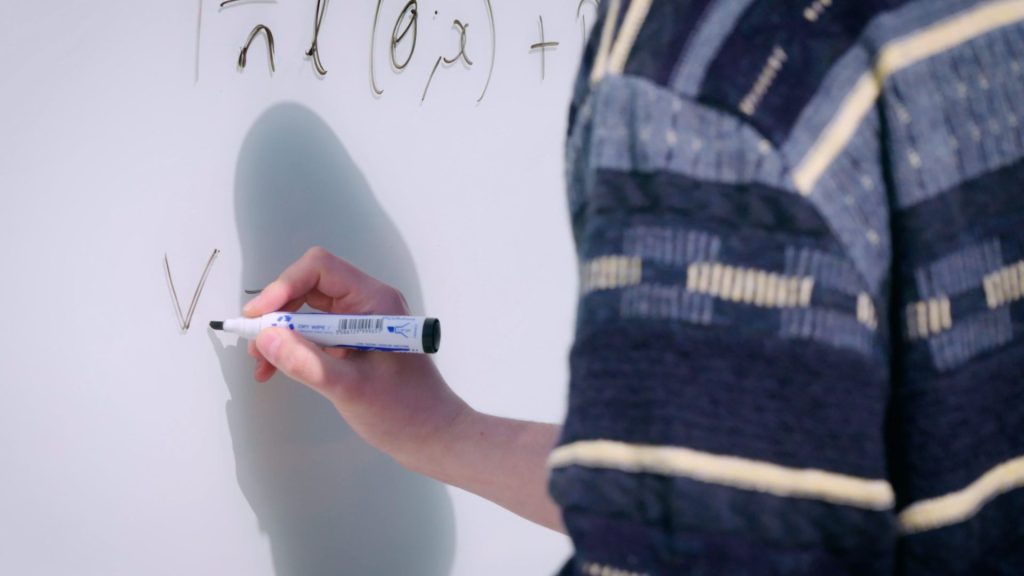
Advantages of being a Compass Student
- Stipend – a generous stipend of £21,668 pa tax free, paid in monthly payments. Plus your own expense budget of £1,000 pa towards travel and research activity.
- No fees – all tuition fees are covered by the EPSRC and University of Bristol.
- Bespoke training – first year units are designed specifically for the academic needs of each Compass student, which enables students to develop knowledge and capability to pursue cross-disciplinary PhD research.
- Supervisors – supervisors from across academic disciplines offer a range of research projects.
- Cohort – Compass students benefit from dedicated offices and collaboration spaces, enabling strong cohort links and opportunities for shared learning and research.
About Compass CDT
A 4-year bespoke PhD training programme in the statistical and computational techniques of data science, with partners from across the University of Bristol, industry and government agencies.
The cross-disciplinary programme offers exciting collaborations across medicine, computer science, geography, economics, life and earth sciences, as well as with our external partners who range from government organisations such as the Office for National Statistics, NCSC and the AWE, to industrial partners such as LV, Improbable, IBM Research, EDF, and AstraZeneca.
Students are co-located with the Institute for Statistical Science in the School of Mathematics, which occupies the Fry Building.
Hear from our students about their experience with the programme
-
Compass has allowed me to advance my statistical knowledge and apply it to a range of exciting applied projects, as well as develop skills that I’m confident will be highly useful for a future career in data science. – Shannon, Cohort 2
-
With the Compass CDT I feel part of a friendly, interactive environment that is preparing me for whatever I move on to next, whether it be in Academia or Industry. – Sam, Cohort 2
- An incredible opportunity to learn the ever-expanding field of data science, statistics and machine learning amongst amazing people. – Danny, Cohort 1
Compass CDT Video
Find out more about what it means to be a part of the Compass programme from our students in this short video.
APPLICATIONS DEADLINE
16 March 2023, 23:59 (London UK time zone)



